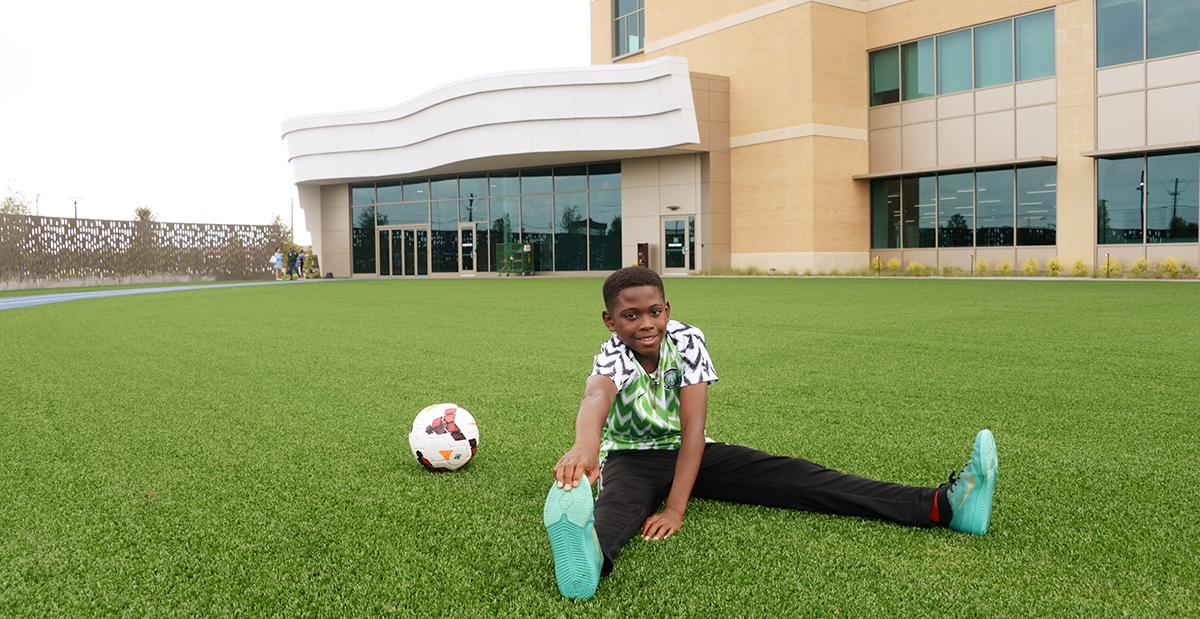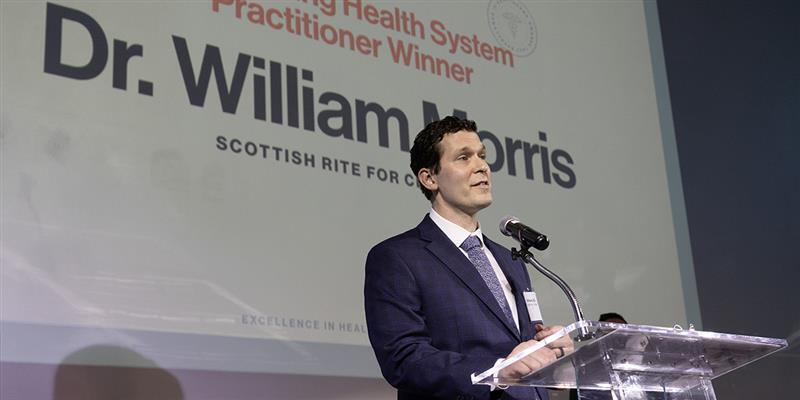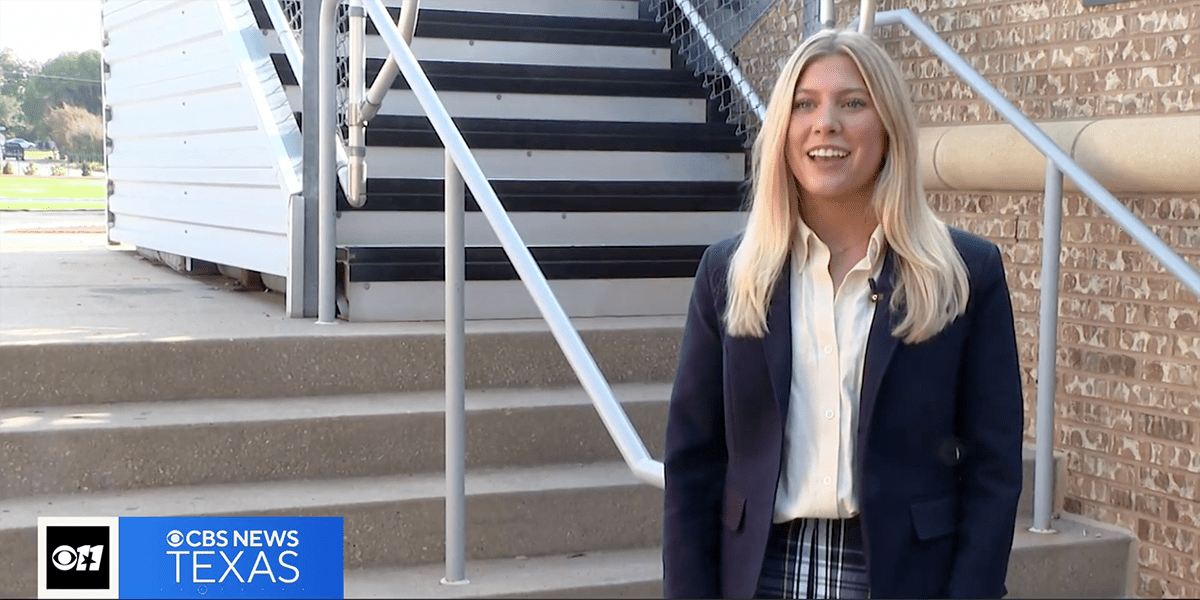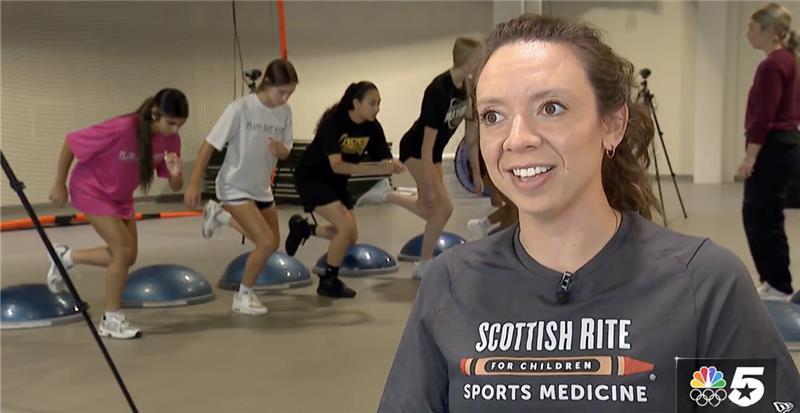You may have heard that the UIL has adjusted the pre-participation evaluation requirements for returning to sports the 2020-21 school year due to challenges created by the COVID-19 pandemic. So, even though the UIL may allow some athletes to participate without a physical exam this season, we encourage young athletes to be evaluated by their primary care provider who knows them and can identify sport-related and non-sport-related concerns. Jane S. Chung, M.D., sports medicine physician, says, “In this unprecedented time with athletes taking an extended time off from training and away from school and friends, we have additional concerns to consider.”
Mental health concerns – In a survey of young athletes, our team found that young, single-sport athletes are at a higher risk of reporting symptoms of depression and anxiety during the pandemic. Don’t let early signs of mental health conditions go unnoticed. Your pediatrician can help you evaluate your child’s symptoms and needs.
Deconditioning – Children and teens also reported to have dropped their activity levels from pre-pandemic times. Athletes need guidance to safely ramp up training and conditioning as they prepare to return to sports.
Old injuries or lingering issues – Proper evaluation and treatment of new or lingering signs or symptoms of injuries or complaints could save your athlete from additional time away from their favorite sports.
Learn about injury risks – Guidance for individual, sport-specific or general injury prevention can help an athlete stay focused on appropriate activities in the down time.
A sports physical may be seen as an inconvenient task, delayed until the last minute or provided in a silo without consideration of other needs of the growing athlete. Like all health care providers, pediatricians are taking appropriate precautions to keep your family safe during a visit. Remember, the evaluation is intended to assess the ability of the athlete to play sports safely and should be taken seriously. Parents should complete medical forms with the child to ensure accuracy of family and medical histories. And, when possible, the evaluation should occur at least six weeks before the pre-season training begins to allow time to treat conditions/further evaluations, if needed. If the pediatrician has concerns about a lingering injury, a referral to a pediatric sports specialist will help create a plan to get your child back on the field safely.














